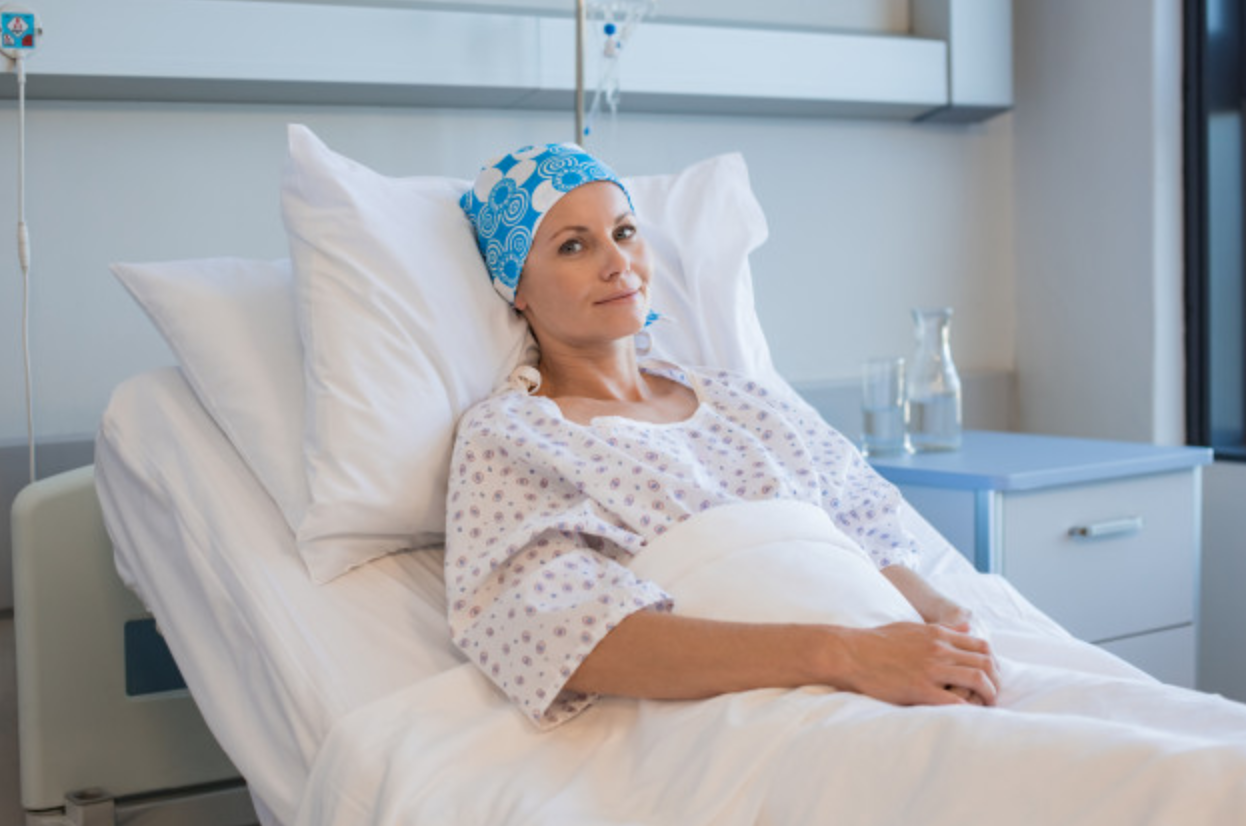
Cancer & Fatigue
If you’ve been diagnosed with cancer and are undergoing treatment, you may experience a number of side effects. Are you feeling extreme fatigue? You may be experiencing Cancer Related Fatigue (CRF) or cancer fatigue. Learn more about and how you can overcome it.
Can cancer cause fatigue?
One of the most common side effects of cancer and cancer treatments is Cancer Related Fatigue or cancer fatigue. Cancer related fatigue can feel different than the fatigue that healthy people feel. The National Cancer Institute explains that, “patients describe fatigue as feeling tired, weak, worn-out, heavy, slow, or that they have no energy or get-up-and-go.” For a healthy person, rest or sleep can relieve these symptoms, but for someone with cancer, relief may be difficult to come by.
What does cancer fatigue feel like?
CRF can feel like whole body tiredness. It may come on by activity or nothing at all. Someone facing CRF may feel too tired to eat, to get up or even move. Rest may provide relief for a short period of time, but it may not go away. Patients with cancer fatigue have noted feeling listless, weak and exhausted.
What causes cancer fatigue?
Doctors do not always know what causes cancer fatigue. It seems to be caused by the cancer itself and also by cancer treatments such as chemotherapy, radiation therapy, biologic therapy and surgery. Other causes of cancer related fatigue may include:
- Anemia
- Decreased nutrition
- Anxiety and depression
- Insomnia
- Medications
- Stress
- Pain
- Hormonal changes
- Lack of exercise
When should I contact my doctor?
It’s normal to feel some amount of fatigue while facing cancer. However, if your fatigue is interfering with daily living or lasts weeks at a time, you should tell your health care provider.
Contact your doctor right away if you experience:
- Unable to get out of bed for 24 hours or more
- Dizziness
- Confusion
- Loss of balance
- Shortness of breath
- Worsening symptoms
How can I overcome cancer fatigue?
There are many things you can do to help manage cancer related fatigue.
- Slow down – Plan to take rests throughout your day. You may need to shorten your periods of activity to conserve and maintain your energy.
- Take a walk – Regular light exercise may provide increased energy.
- Eat well – Proper nutrition will help you feel more energy by giving your body what it needs.
- Get good sleep – That may be easier said than done, but getting a good 7-8 hours of sleep at night will help.
- De-stress – Find something to help you take your mind off of cancer each day. Yoga, art, writing – find what works for you.
- Avoid caffeine
Cancer related fatigue can be difficult, but it doesn’t have to go untreated. If these self-care approaches don’t seem to help, talk with your doctor to find out if medication and or counseling may be an option for you.







